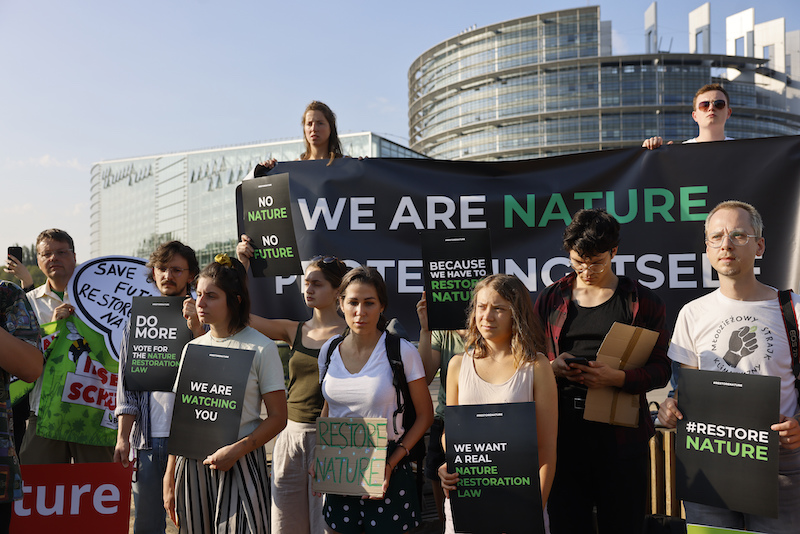In the general elections on 23 July the Spanish right party won the most seats in the Parliament, but without a majority to form a government. This leads to a deadlock or the re-launch of a left-wing-led government with the support of a myriad of regional parties. Jaime Coulbois, Spanish political analyst, explains why.
So the results in the Spanish elections surprised many, including the pollsters. What happened?
Before I start, a parenthesis: on Sunday, I was positive about an absolute majority for the [right-wing] People’s Party (PP) and [far-right] Vox. But it seems that the Socialist Workers’ Party (PSOE) government has been able to resist: the PSOE’s management has borne fruit, and the fear of political pacts with the far-right Vox helped the PSOE to get the “tactical vote”.
If the nationalists parties like Bildu (País Vasco independence supporters, far left) or the Catalan nationalists had made strong statements during the campaign, it would have made things more difficult for PM Pedro Sánchez. Without that, and with the nationalists seeming more rational than Vox, it’s more complicated for the right to get its narrative about the nationalists across.
When Pedro Sánchez won in 2019, he heralded a ‘red wave’ in Spain and in Europe. But after his defeat in the local elections in May, analysts talked of a ‘change of cycle’ to the right that didn’t materialise.
There is no contradiction in the fact that there is a social tendency towards the right, even the far right, but it’s still not enough to win a majority to form a government, especially in a polarised society like Spain. We are seeing attitudes that we would never have seen a few years ago: from Spanish nationalism to Francoist remembrance.
How was this avoided in Spain, when we see it all around Europe?
This discourse that previously was hidden has increased in public. But that’s not incompatible with the general public opinion. Spain is an exceptionally tolerant country regarding LGBT rights, and the immigration problem is very different from the rest of Europe: our migration does not have the strong cultural, linguistic and religious barriers that are in other European countries, and tensions with immigration may not have surfaced yet.






